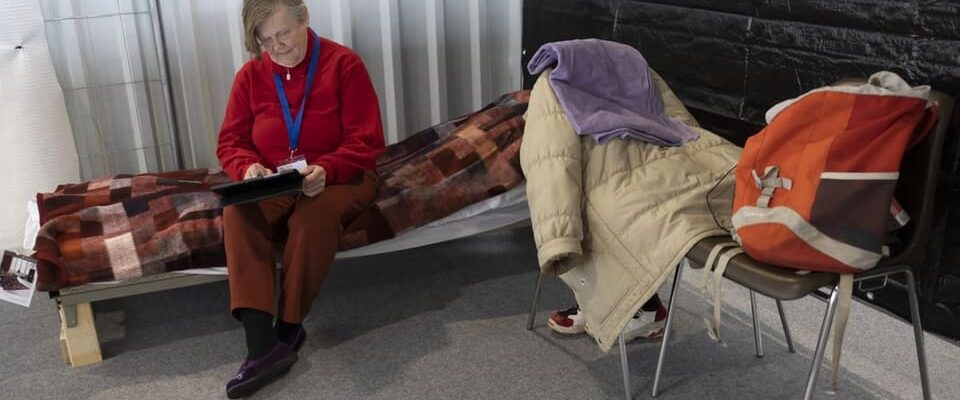contents
Sirens wail across Switzerland on Wednesday. What is routine for locals can trigger panic among refugees.
The date has been set for years: on the first Wednesday in February, more than 7,000 sirens wail throughout Switzerland, punctually at half past one in the afternoon. The annual siren test lasts one minute, after which it is usually quiet again – until next year.
For the Swiss, this is a routine matter. The situation is different for people who have fled from war zones, for example from Ukraine.
“Many of these people got to know the howling of the sirens in a completely different context, they associate it with panic and flight,” says Renate Metzger, head of “Hello Welcome”, a meeting place for refugees and locals in the city of Lucerne.
Many refugees associate the howling of the sirens with panic and flight.
One cannot assume that they immediately realized the background of the siren test. “You must therefore be well informed.”
Cantons have launched an information campaign
The Federal Office for Civil Protection also came to this conclusion. It has called on the cantons to inform refugees from Ukraine specifically about the siren alarm.
The cantons seem to be heeding this call – although this works relatively easily where refugees live together in larger group accommodations. The support staff draws attention to the alarm in group meetings, such as in the cantons of Zurich and Lucerne. Others – such as Uri or Zug – at least ensure that a corresponding information letter from the federal government is posted in Ukrainian in the accommodations.
Legend:
A person seeking protection from Ukraine in an accommodation in Geneva: In collective accommodation, the authorities can reach the refugees more easily with information about the siren test.
Keystone/Salvatore Di Nolfi
However, it is more difficult to reach the many people seeking protection who do not live in collective accommodation but have found accommodation in their own apartments.
The cantons have different strategies here. Bern, for example, provides information about groups on Facebook and Telegram that are popular with Ukrainians in Switzerland. Lucerne sends information in Ukrainian by email, Nidwalden uploads the information about the siren test to the app, which it makes available to the refugees.
Personal contact is essential
But personal contact is also important. “We address the siren test when those seeking protection come to the office to pick up support services,” says Roland Rickenbacher, head of the Nidwalden Office for Military and Civil Defense.
The canton of Schaffhausen takes a different approach: Here, the schools are responsible for ensuring that the information reaches the refugees. “We have a direct connection to the families through the Ukrainian children, which is why we give them an information letter,” says Ruth Marxer, head of the Schaffhausen elementary schools.
Other refugees can also react sensitively
Renate Metzger, head of the Lucerne organization “Hello Welcome”, is pleased with the effort with which the cantons and municipalities are trying to take away the fear of the siren test from the displaced people from Ukraine. However: The subject of the test alarm and the re-traumatization of war refugees is not new.
“People from Syria can also be sensitive to the sirens,” she says. “It would be nice if the sensitivity that is now being shown towards refugees from Ukraine was also shown towards other displaced people.”
Regional Journal Central Switzerland, 01/31/2023. 17:30; form;mula
